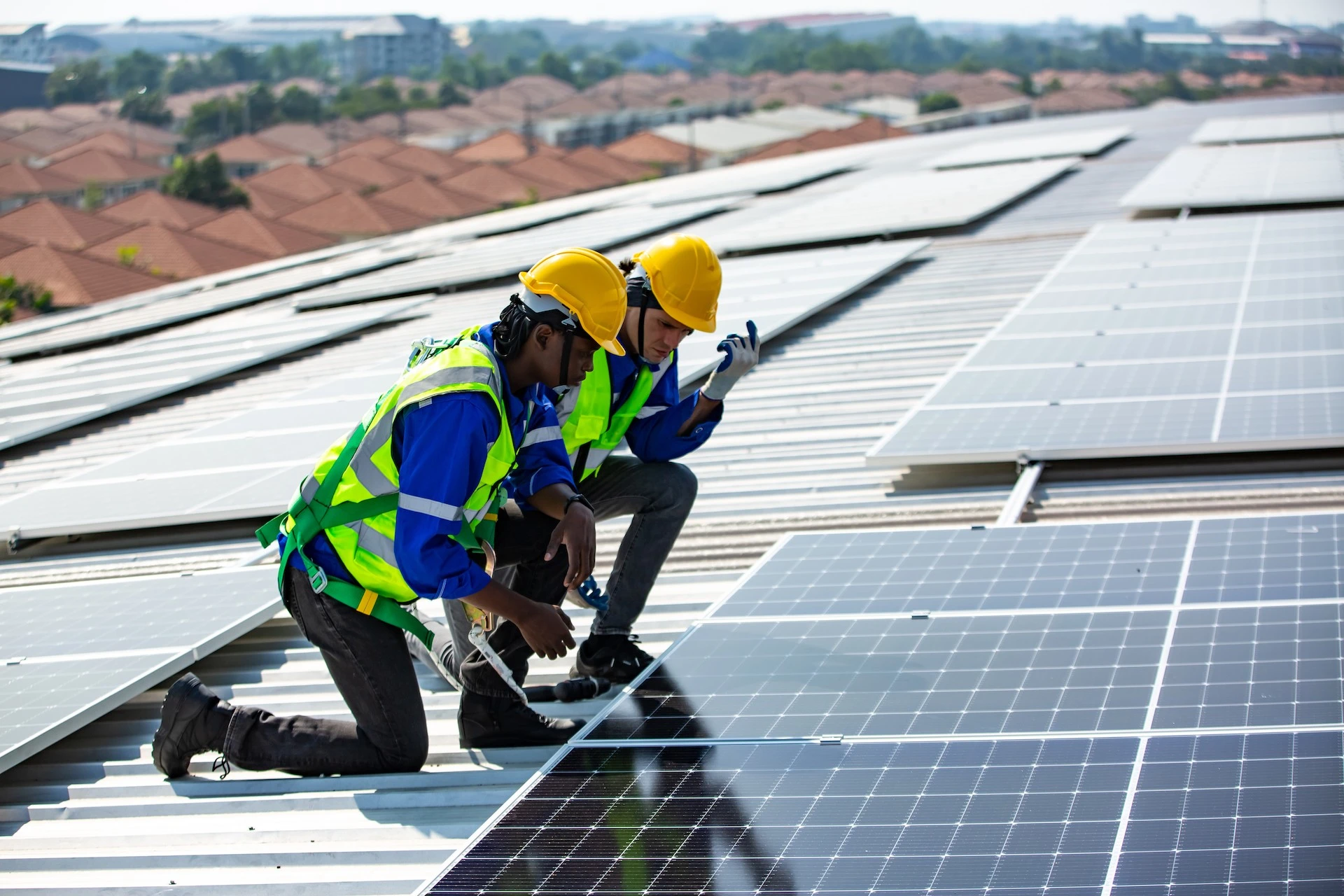Solar Panel Replacement

When, Why, and How to Upgrade for Optimal Efficiency
Solar panel replacement is a crucial process for maintaining the efficiency and effectiveness of your solar energy system. Over time, solar panels can degrade due to weather conditions, wear and tear, or technological advancements. Replacing your solar panels can enhance energy production, reduce maintenance costs, and ensure you’re benefiting from the latest advancements in solar technology.
Signs That Indicate Replacement
- Decreased Energy Output: If your solar panels are producing less energy than expected, it may be time for a replacement.
- Physical Damage: Cracks, discoloration, or warping can indicate that your panels are no longer functioning efficiently.
- Old Technology: Older panels may not be as efficient as newer models, leading to suboptimal performance.
Recommended Replacement Timeline
Panel Lifespan: Most solar panels last between 25 to 30 years. Consider replacement if your panels are nearing the end of their lifespan.
Warranty Period: Check if your warranty covers replacement and if the warranty period has expired.
Steps Involved in Solar Panel Replacement
- Assessment & Consultation: Evaluate the current system and discuss replacement options with a professional.
- Removal of Old Panels: Safely remove the existing panels and check the mounting system.
- Installation of New Panels: Install the new panels and connect them to your existing system.
- System Testing: Test the new system to ensure optimal performance and efficiency.
Choosing the Right Replacement Panels
Panel Type: Consider the type of panels (monocrystalline, polycrystalline, thin-film) that best suits your needs.
Efficiency Rating: Look for panels with high-efficiency ratings to maximize energy production.
FAQs
Check for decreased energy output, physical damage, or if your panels are nearing the end of their lifespan. A professional assessment can provide a definitive answer.
Newer panels offer improved efficiency, advanced technology, and potential cost savings through reduced maintenance and increased property value.
The replacement process typically takes a few days, including assessment, removal, installation, and testing of the new panels.
Properly installed new panels should integrate seamlessly with your existing system. A professional will ensure compatibility and optimal performance.
Consider replacement after 25 to 30 years or if performance issues arise. Regular maintenance and monitoring can help you determine the right time for replacement.
